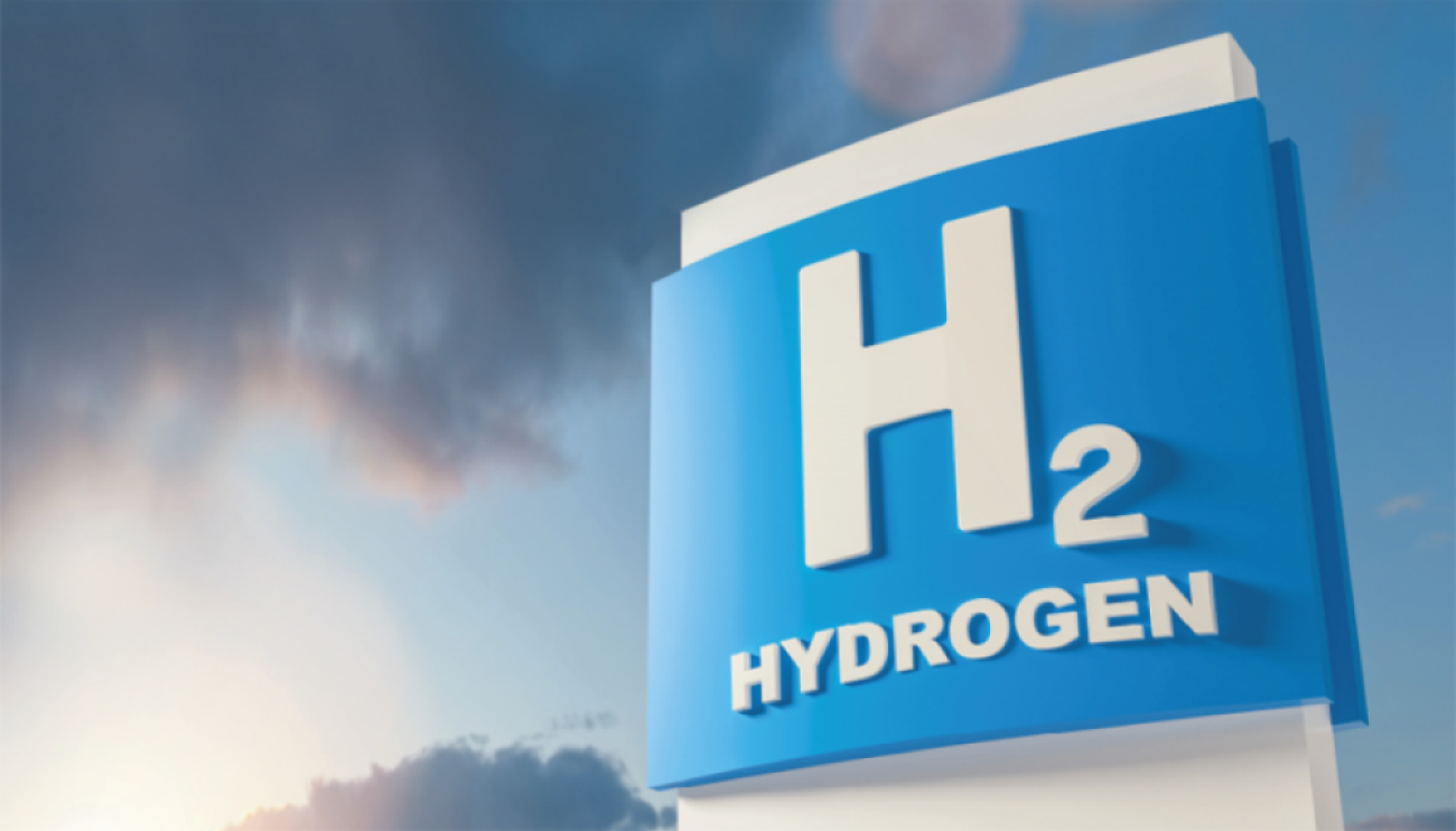HYDROGEN ENERGY PROFESSIONAL
COURSE DESCRIPTION
DEWA's Sustainability and Innovation Centre, in collaboration with TÜV Rheinland Academy, is organising the first cycle of the ‘Hydrogen Energy Professional’ training programme. Participants will gain essential knowledge of hydrogen’s physical and chemical properties, with a strong focus on safe handling and storage methods, including pressurised, cryogenic and chemical storage systems. The programme provides in-depth knowledge of safety standards, legal regulations and explosion protection measures across laboratory, industrial and public settings. Participants will explore national and international codes, with real-world case studies from the steel and chemical industries highlighting practical applications and decarbonisation strategies. The course also covers hydrogen production, diffusion, fuel cells and energy sector integration.
17 November 2025 - 19 November 2025
Minimum admission requirements
- Higher degree of education in engineering and/or knowledge with practical experience in the planning, installation, operation & maintenance of hydrogen projects.
- Admission to the examination is granted upon a minimum attendance of 90% of the training program.
Location : DEWA's Sustainability & Innovation Centre
For more information, please contact: cleantech@innovationcentre.ae
Register Now
Course duration
17 - 19 November 2025
Language
English
Provided in collaboration with
TÜV Rheinland Academy
LEARNING OBJECTIVES
At the end of the programme, participants are expected to gain knowledge in:
The fundamentals of hydrogen, including its history, properties and applications
Hydrogen production methods such as reforming, electrolysis and colour theory
Physical and chemical characteristics relevant to safety and use
Hydrogen storage technologies, including compressed, liquid, hydrides, LOHC and ammonia
Fluid mechanics, diffusion behaviour and thermodynamic principles
Fuel cells and electrochemical conversion processes
Safety protocols, explosion protection measures and regulatory compliance (TRBS, TRGS, ATEX)
Legal compliance, including CE marking, PED, permitting and inspection protocols
Sector coupling and industry decarbonisation strategies
Practical case studies in the steel, chemical and energy sectors
Hydrogen infrastructure for mobility, heating and grid stabilisation


